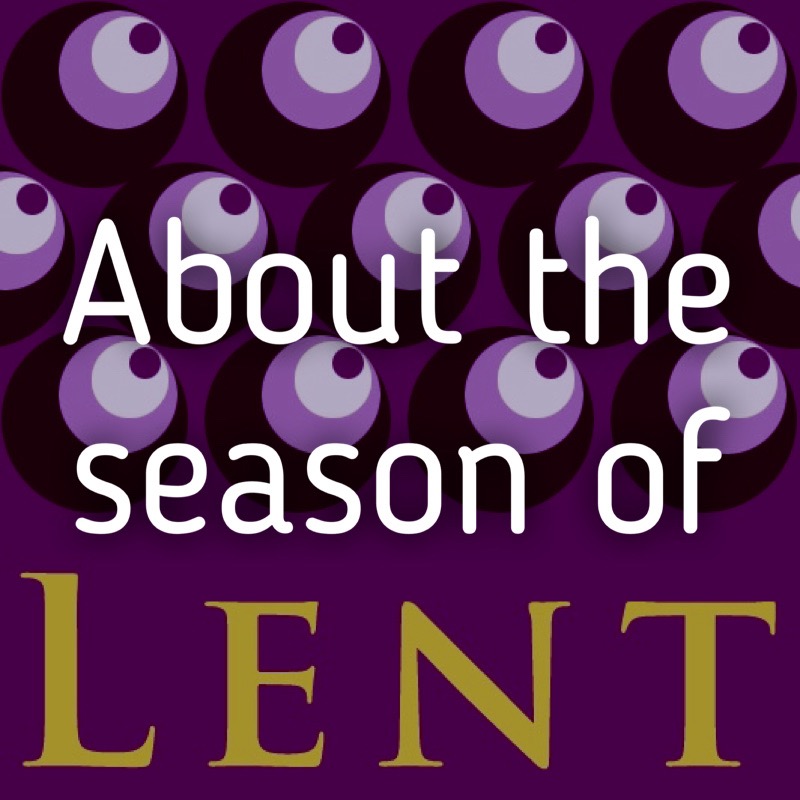
Definition
Lent is the forty-day season (excluding Sundays) of penitence and preparation for the Three Days of Holy Week and Easter.
A Very Brief History
The term “Lent” originally comes from the Anglo-Saxon word “lencten” which means “spring.” This is the time, in the Northern Hemisphere, when the days are lengthening. The season began as period of fasting leading up to the Vigil of Easter. Catechumens, those preparing for baptism at Easter, would fast and spend days in intense preparation. For those that were already baptized, Lent was a period to be renewed in their faith by studying the Bible, the Creed and the Lord’s Prayer.
Although it was originally only a two-day period of preparation, Lent became a three-week preparatory period in the middle of the fourth century and then this was further expanded into six-weeks, or forty days. By the end of the fifth century, there was a desire to exclude Sundays from Lent since Sundays are always celebrated as feasts of the Resurrection. Thus Lent begins not on Sunday, but on Ash Wednesday.
The current practice of forty days of Lent recall Jesus’ forty-day fast in the wilderness after his Baptism (Matthew 4:2, Luke 4:1-2) as well as Moses’ forty-day fast on Mount Sinai (Exodus 34:28).
A Few Notes on Current Practice
- The appointed liturgical color for Lent is purple because purple has long been associated with royalty. In this case, Christ reigns from a cross.
- Currently, the ancient understanding of Lent as both a time for baptismal preparation and baptismal renewal is being rediscovered in Lutheran rites and practice. Many congregations hold mid-week services during Lent and a baptismal renewal theme is particularly appropriate for these.
- Many congregations refrain from speaking or singing the word “alleluia” during Lent. “Burying” the alleluia occurs at the conclusion of worship on Transfiguration Sunday and it is restored at either the Vigil of Easter or Easter Sunday. A Lenten acclamation replaces the alleluia verse in preparation for hearing the Gospel (See ELW pg. 103 for one example). For more on this practice, see the FAQ, “Why don’t we use alleluias during Lent?”
